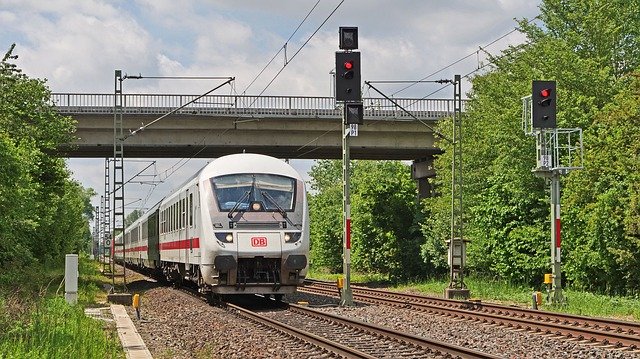European airlines: Environmental benefits limited in shift from air to rail

As pressure ramps up to increase global decarbonisation targets, transportation has come under increased scrutiny, especially aviation.
One solution to reduce greenhouse gas emissions from transport is a modal shift from air to rail.
This has already been tentatively encouraged by bans and taxes on short-haul flights in certain countries, with potentially more to follow.
However, a new study commissioned by European aviation associations claim a rail substitute for air travel offers limited benefits.
The report, ‘Short-haul flying and sustainable connectivity,’ highlights the fact that the picture is far more complex than simply shifting from one transport mode to another.
Building new railway lines has a high environmental cost due to the CO2 emissions associated with cement and steel production, and emissions from the fuel used for construction of infrastructure, it says.
The study also identifies significant impacts on biodiversity and damage to wildlife habitats as additional environmental factors.
For short-haul air routes with a lower traffic frequency, or at airports without a good high-speed rail connection, rail cannot be economically viable, the study finds.
It finds no evidence that passengers will automatically switch from air to rail, choosing to travel by car instead.
It claims aviation decarbonisation will be well underway by the time comparable rail infrastructure is deployed, citing hybrid-electric aircraft on regional routes by 2030,
The heads of the aviation associations want policymakers to take these environmental, social and economic factors into account before setting decarbonisation policy of regional transport in Europe.
Have your say Cancel reply
Subscribe/Login to Travel Mole Newsletter
Travel Mole Newsletter is a subscriber only travel trade news publication. If you are receiving this message, simply enter your email address to sign in or register if you are not. In order to display the B2B travel content that meets your business needs, we need to know who are and what are your business needs. ITR is free to our subscribers.








































TAP Air Portugal to operate 29 flights due to strike on December 11
Qatar Airways offers flexible payment options for European travellers
Airbnb eyes a loyalty program but details remain under wraps
Air Mauritius reduces frequencies to Europe and Asia for the holiday season
Major rail disruptions around and in Berlin until early 2026